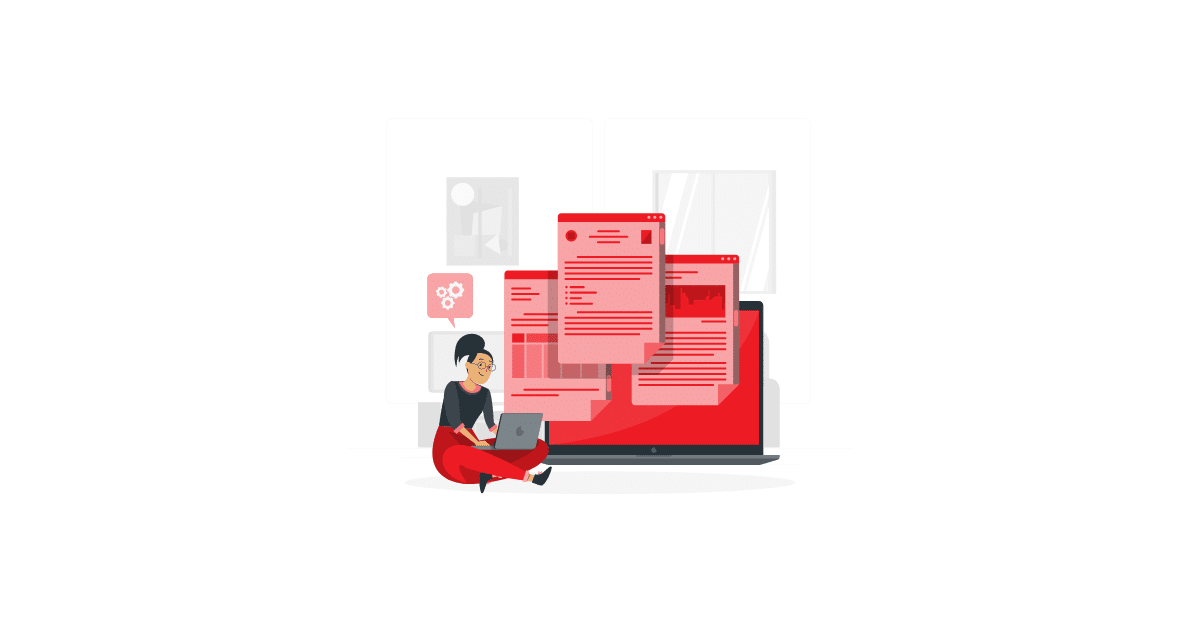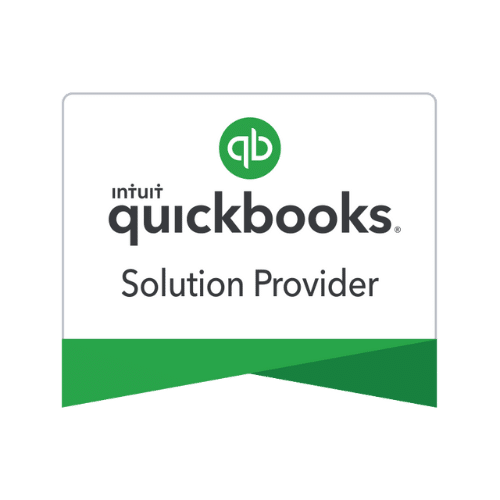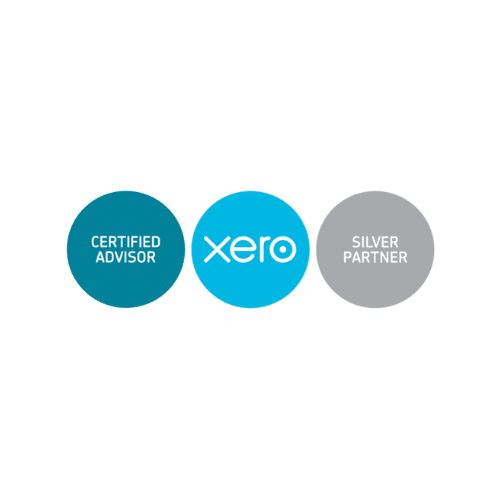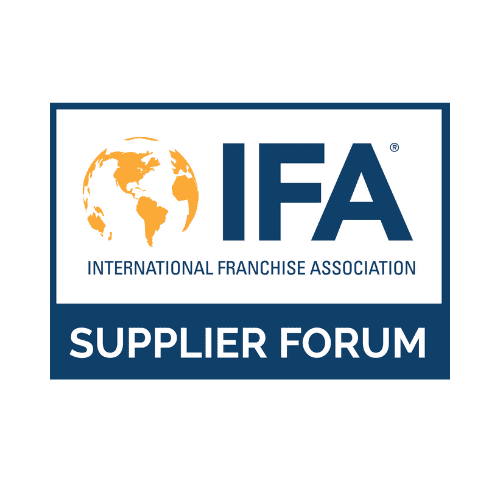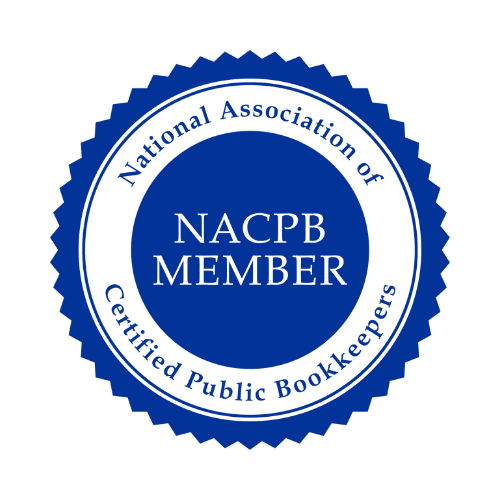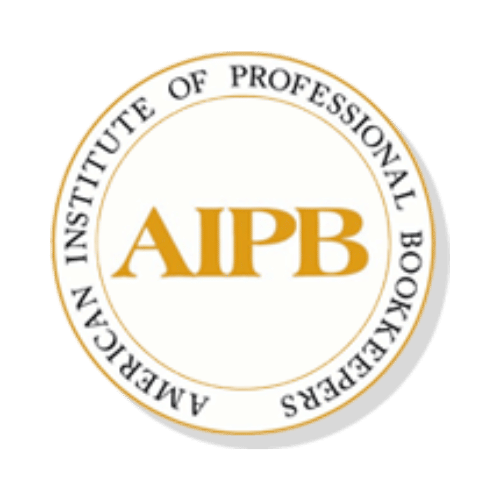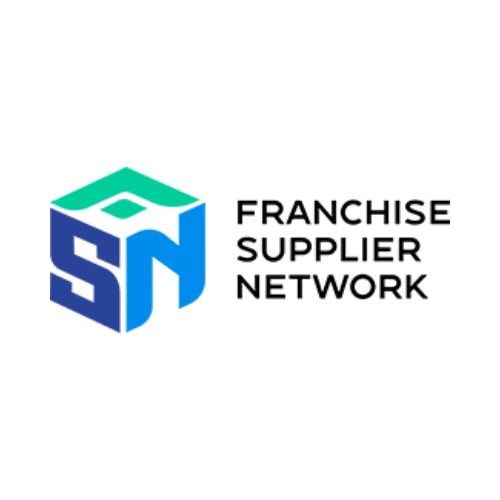Running a small business comes with its share of challenges, and perhaps one of the most daunting tasks is preparing for tax season. Whether it’s your first year in business or you’re a seasoned entrepreneur, ensuring that you have all the necessary documents ready for your accountant can save you a lot of time and headaches. This guide is designed to help small business owners identify exactly what documentation is required for tax preparation and how implementing the right systems can streamline the process.
Identifying Your Business Tax Return Form
Before we dive into the documents needed, it’s essential to understand the type of tax return form your business will require. This primarily depends on the entity structure of your business – are you operating as a sole proprietor, partnership, or corporation? The form of your business entity determines the specific tax form(s) you’ll need to file. If you’re unsure, start by consulting with your accountant to identify the correct form for your business.
Essential Documents Your Accountant Needs for Your Small Business Tax Return
Preparing your tax documents ahead of time can significantly reduce stress during tax season. Here are seven critical documents your accountant will likely request:
#1. Identification Information
This includes social security numbers and business identification numbers (EIN). It’s foundational but essential for tax processing.
#2. Last Year’s Tax Forms
Whether it’s your first filing or not, last year’s completed tax forms can provide a clear picture of your tax situation and help your accountant identify any potential changes or adjustments needed for the current year.
#3. Business Income and Receipts
Documenting all sources of income, including sales receipts, returns, allowances, and other income, is crucial. This establishes your gross income, which is the starting point for tax calculations.
#4. Expense Records
Expenses can significantly impact your tax liability. Keep detailed records of all business expenses, such as office supplies, utilities, rent, and equipment purchases, to maximize your deductibles.
#5. Financial Records
This broad category includes bank and credit card statements, loan documents, and ledgers. These documents provide a comprehensive view of your business’s financial transactions over the year.
#6. Proof of Tax Payments
If you’ve made estimated tax payments throughout the year, provide documentation of these payments to your accountant. This can also include payroll tax payments if you have employees.
#7. Financial Statements
Your balance sheet and income statement (profit and loss statement) are invaluable documents that offer insights into your business’s financial health and are essential for accurate tax preparation.
Systems Your Accountant Needs for Your Small Business Taxes
Aside from collecting physical documents, setting up efficient systems can make tax preparation much smoother:
Bookkeeping Software or Outsourcing Solution
Utilizing bookkeeping software like QuickBooks, Xero, or outsourcing your bookkeeping to a third party can ensure that your financial records are accurate, organized, and easily accessible for tax preparation.
Business Bank Account
A separate account for your business not only simplifies bookkeeping but also helps avoid commingling personal and business finances, which can be a red flag for audits.
How Hiring a Bookkeeper Makes It Easier to Prepare Documents for Your Accountant at Tax Time
Bringing a bookkeeper on board can be a game-changer for small business owners. A bookkeeper can help keep your financial records up to date throughout the year, track expenses accurately, and prepare financial statements — essentially ensuring that by the time tax season rolls around, you are well organized and prepared. This not only saves you time but can also reduce accounting fees and the stress associated with tax preparation.
Preparing for tax season doesn’t have to be stressful. By understanding the documentation required and implementing systems to keep your financial house in order, you can make the process much smoother. Remember, the more organized your records, the more equipped your accountant will be to help you maximize deductions and minimize tax liabilities. And with the strategic advantage of professional bookkeeping, small business owners can focus less on paperwork and more on growing their business.

